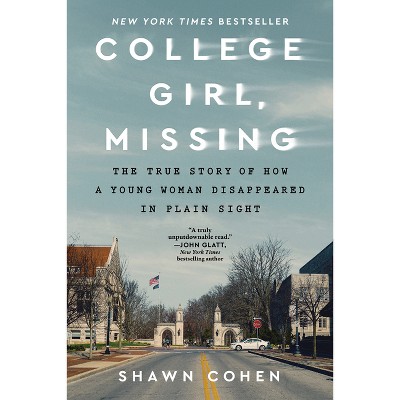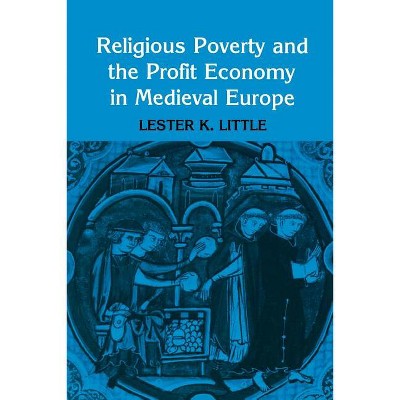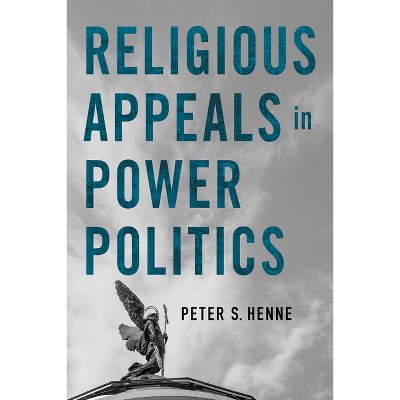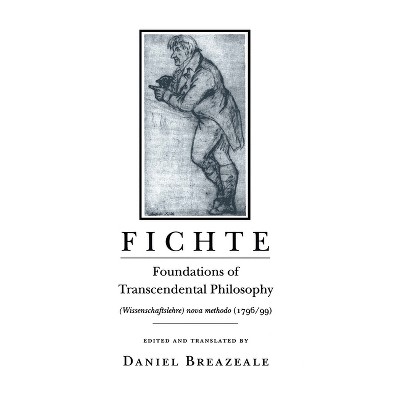About this item
Highlights
- In The Nature of the Religious Right, Neall W. Pogue examines how white conservative evangelical Christians became a political force known for hostility toward environmental legislation.
- About the Author: Neall W. Pogue is an Assistant Professor of Instruction at the University of Texas at Dallas.
- 264 Pages
- Religion + Beliefs, History
Description
About the Book
"The Nature of the Religious Right explores the history behind present day anti-environmental views held by white conservative evangelicals connected with the religious right movement"--Book Synopsis
In The Nature of the Religious Right, Neall W. Pogue examines how white conservative evangelical Christians became a political force known for hostility toward environmental legislation. Before the 1990s, this group used ideas of nature to help construct the religious right movement while developing theologically based, eco-friendly philosophies that can be described as Christian environmental stewardship. On the twentieth anniversary of Earth Day in 1990, members of this conservative evangelical community tried to turn their eco-friendly philosophies into action. Yet this attempt was overwhelmed by a growing number in the leadership who made anti-environmentalism the accepted position through public ridicule, conspiracy theories, and cherry-picked science.
Through analysis of rhetoric, political expediency, and theological imperatives, The Nature of the Religious Right explains how ideas of nature played a role in constructing the conservative evangelical political movement, why Christian environmental stewardship was supported by members of the community for so long, and why they turned against it so decidedly beginning in the 1990s.
Review Quotes
Pogue's concise and fair work provides a useful field guide for orienting evangelicals within the forest of environmentalism and thinking through next steps.
-- "First Things"This book offers an important, persuasive corrective to the history of religious conservatism. Pogue argues that Evangelicals' dogmatic opposition of environmentalism is historically contingent rather than an inevitable result of theology and political ideology. Using a variety of primary and secondary sources, Pogue documents a doctrine of "Christian environmental stewardship" that was clearly articulated among prominent Evangelicals beginning in the late 1960s and shows how this environmentalism was purged from the religious Right only in the early 1990s. Though the book's accounting of evangelical theology, particularly the analysis of "the natural" and a land-based nationalism, will not particularly surprise scholars, Pogue successfully shows how these ideas might have been compatible with early conceptions of stewardship long before being deployed to oppose actions protecting the environment. The book also offers lessons for the environmental movement, noting that the first Earth Day activists' critique of Christianity helped lay the groundwork for Evangelicals' eventual rejection of environmentalism. Required reading for historians and analysts of the conservative movement, the religious Right, and/or the environmental movement.
-- "Choice"Pogue carefully delineates the backtracking of many conservative evangelicals on environmentalism, even as he presents the valiant but unsuccessful efforts of the Evangelical Environmental Network's Ron Sider and climate scientist Katharine Hayhoe, among other evangelicals, to forestall this abandonment of environmental stewardship.
-- "The Chrisitan Century"About the Author
Neall W. Pogue is an Assistant Professor of Instruction at the University of Texas at Dallas.












